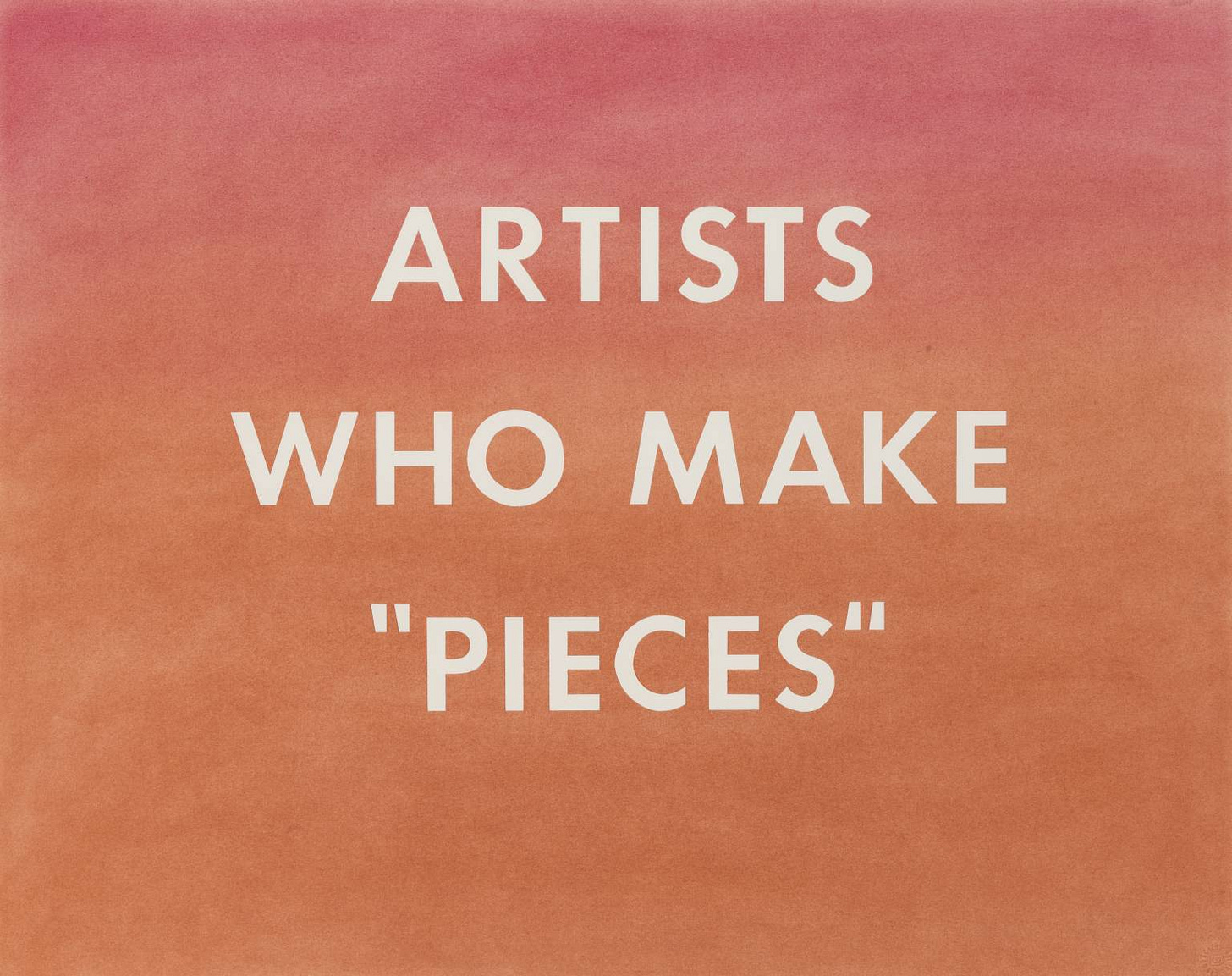Brain Food #717
Think like an artist
Thoughts of the day
What elevates humans as beings is the ability to escape concrete thinking and perform abstract thinking. Concrete thinking focuses on facts and events, and looks at the here and now, at what can be directly observed. Abstract thinking is more distant from the present and the linearity of time, and focuses on symbols, ideas, and possibilities. Concrete thinking is about what needs to be done to get from A to B, the instructions we receive, and the resources available. Abstract thinking asks why we need to get from A to B, and why it is important. Similarly, enjoying a film can be enough through following the story, but abstract thinking might also search for the deeper meaning and themes that it contains.
Swiss psychologist Jean Piaget claimed that until the age of 2, children think in concrete terms, between the ages of 2 and 7 they begin to understand how symbols (like pictures and sounds) can represent objects in the real world, and at age 12 they start expanding into abstract thinking. In short, we are all able to perform abstract thinking.
The masters of abstract thinking are artists, who connect symbols and ideas together to form something entirely new, even something that might not make sense in concrete terms.
We can learn to think more like an artist. There are various means to encourage this. Get exposed to different ideas. Read fiction and non-fiction, and see how some of the principles you learn in non-fiction apply to fiction. Go to an exhibition that reveals the thinking and working process of an artist. Watch a film and discuss what it meant with a friend. Read a poem. After all, our input determines our output.
However, one type of thinking is not better than the other. We need a balance of both. Abstract thinking can be good for ideation, concrete thinking for execution. And, research has shown that too much abstract thinking can be bad for us, tending to prolong PTSD or depressive episodes. It is good to be grounded in reality sometimes, and see things for what they are.
“There are things that I’m constantly looking at that I feel should be elevated to greater status, almost to philosophical status or to a religious status. That’s why taking things out of context is a useful tool to an artist. It’s the concept of taking something that’s not subject matter and making it subject matter.”
—Ed Ruscha
Thank you for reading today’s Brain Food. Brain Food is a short daily newsletter that aims to make you think every day, without taking up too much of your time. If you know someone who would like it, why not forward it to them? And if you have just come across Brain Food, you can subscribe to it below:
For longer thoughts and Brain Food highlights from the archives, visit Medium.

